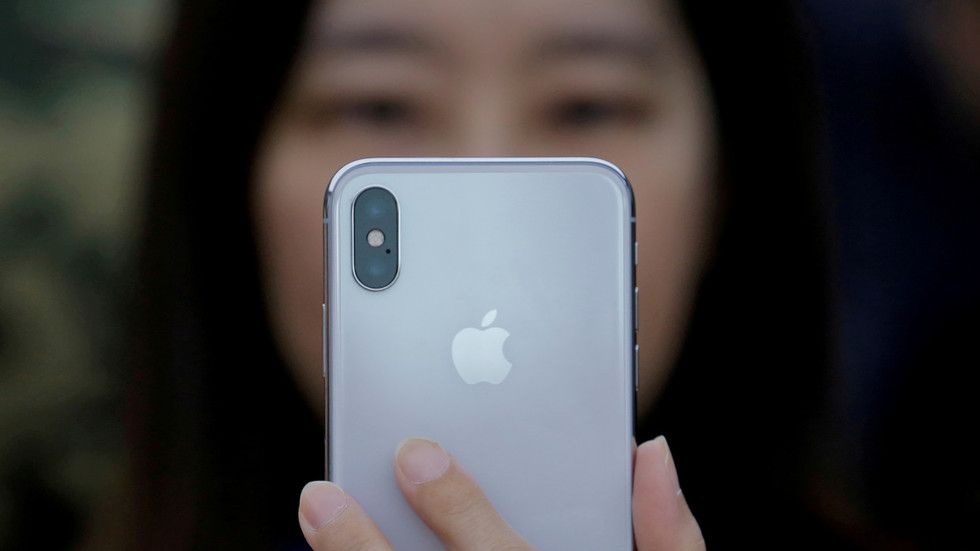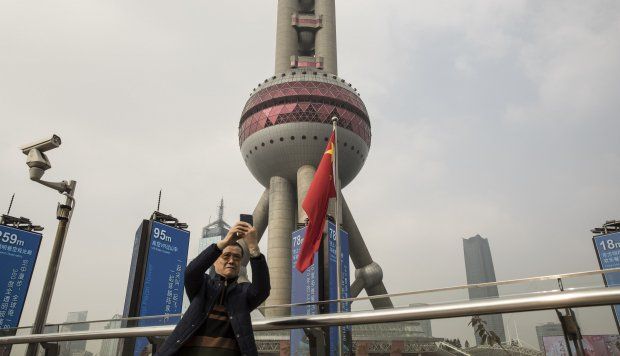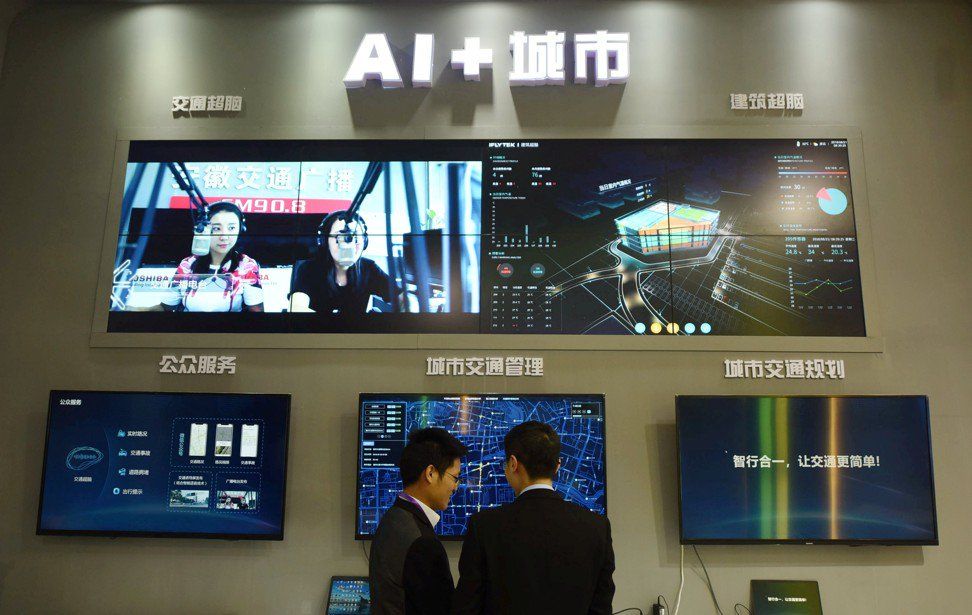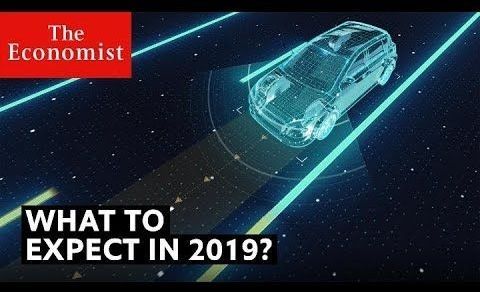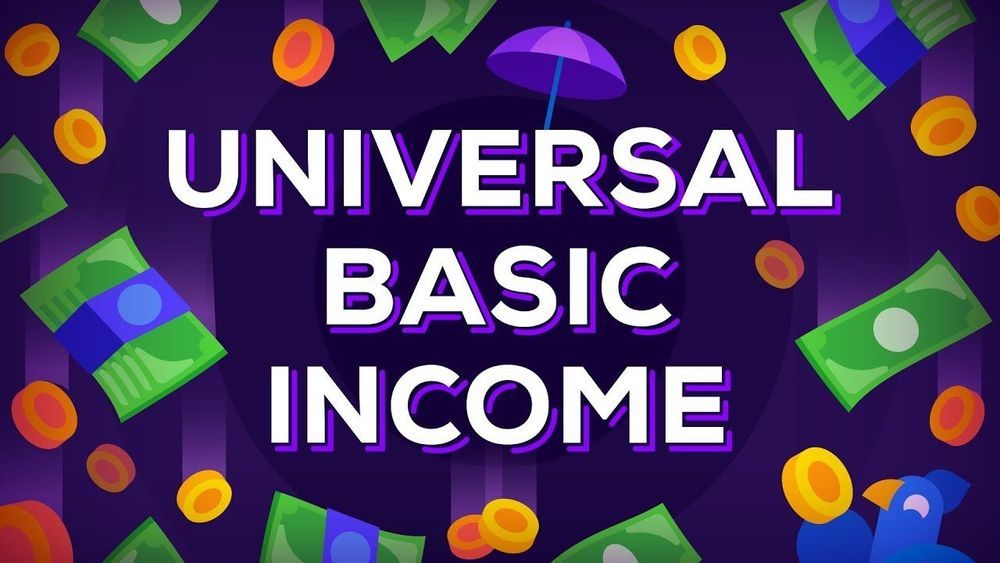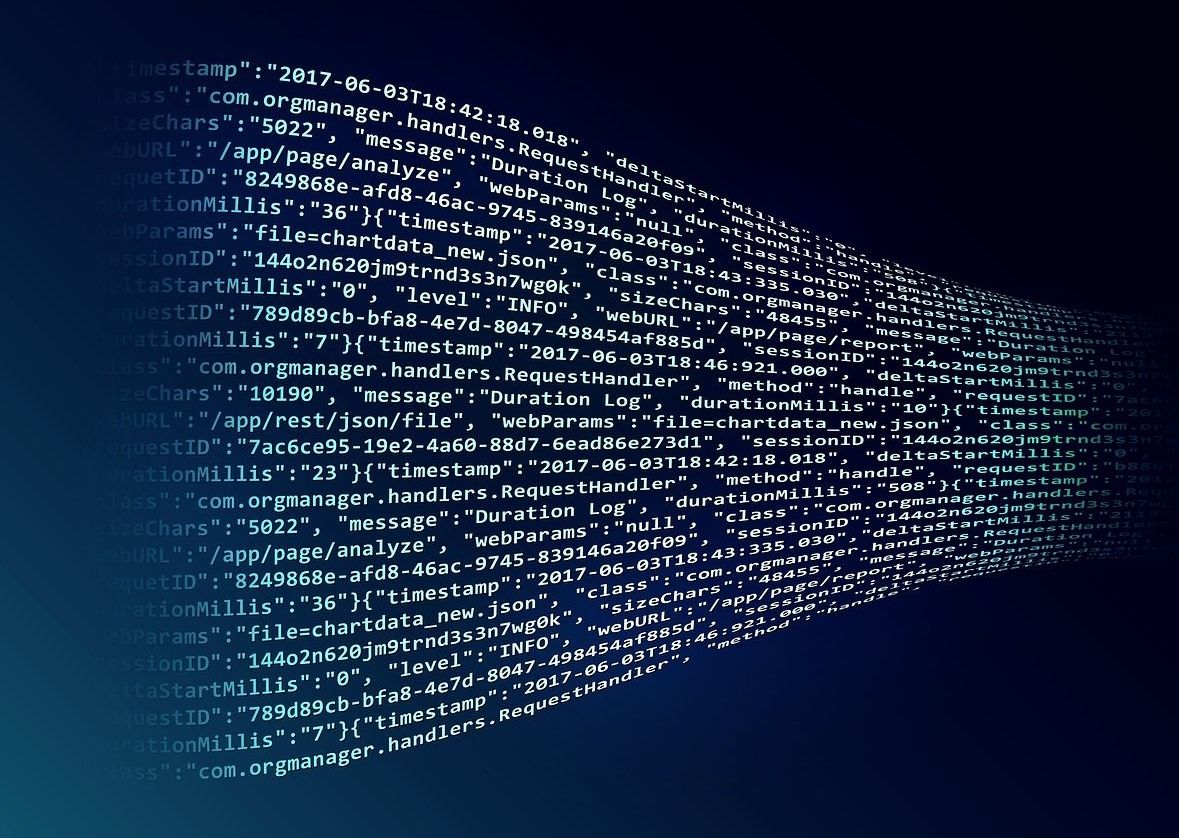
I owe Jack Shaw a favor. It’s one of those, “This one time in Cambodia…” type of favors. We won’t speak of it beyond perhaps a nod and wink. It’s not written down anywhere; the details of such are so vague as to be almost non existent, while encompassing the known universe. It expires upon death, of the sun; and can be redeemed whenever and by another person who need only walk up to me and say, “Jack Shaw sent me. He says to tell you ________”. And tada, that favor has been redeemed for value.
Jack would call this favor a “marker.” It’s more valuable than your house, the Empire State Building & 100k Bitcoins combined. It can even be redeemed for something even more precious, my time or an opportunity or access to my network. You know, those things that money can’t buy. Well, you can lease my time from time to time.
Favors, markers and promises are humanities’ first virtual currencies.
They’ve gone digital recently, as Jack might redeem his marker via a WhatsApp or WeChat text message.
Favors and promises aren’t financial obligations per-say. They’re moral debts that can be redeemed for things of intrinsic, monetary, social and/or actual value. Now, here is where things get a little weird. The thing about “money” is that it doesn’t have any value. It’s actually a reflection of a moral debt. Hence why the US dollar is backed by the “Full Faith and Credit of the US Government” and not say, gold or wheat. You believe…that people will feel obligated to pay taxes and in turn the government will collect these social obligations (aka favors) for the good and benefit of The People. This moral obligation is part of that “Debt to Society” you’ve heard so much about, are obligated to pay, but don’t recall actually signing up for.
Long ago, these virtual currencies of favors, promises, social obligations and credits were turned into what we now regard as money. Not because paper money or coins had or have any intrinsic value, but because for trade beyond one’s family or clan, it’s easier to convey/store and document the value of Sam owing you two chickens, using cash as that documentation (or store of value). As you extended to him a two chicken line of credit.
“Credit” is just another favor or marker with terms.
Coins and “Banknotes” (because people wrote down how much credit they gave you) were just the earliest form of noting and coming to consensus on how to document these virtual currencies of favors, markers, promises and credit.
Overtime, what favor or credit money represents has been lost. We’ve been conditioned to simply believing (Full Faith and Credit) that paper money has intrinsic value, when it simply doesn’t.
Paper money isn’t backed backed by anything other than your faith.
Hence why inflation is such a troublesome concept for most. It challenges the fundamental principles of your faith — every time the government prints more paper money. It extends to itself (and then to you, via banks) made up and virtual favors by the billions. They are favors and markers with no value behind them; lines of credit with no chickens attached. So when these virtual chickens come home to roost, as actual value, guess what? There aren’t any chickens, just a whole lotta hungry believers.
Everybody believes in this system of virtual currencies of credit, favor and marker collection, except the banks and the corporations who effectively pay zero in taxes, while simultaneously collecting trillions in credits from people and then turning those virtual dollars into “real wealth.” Think real estate.
Fun fact/Tangent: Why is real estate called “real?” Hint: It has something to do with the fact that money has no value (isn’t real) but shelter/housing does. We’ll talk about how banks and corporations got out of their social contract at your expense later.
In conclusion, as we’ve a lot to consider now, virtual currencies aren’t anything new. They’re as old as favors and promises. Digital money (much like paper money) doesn’t actually exist. It’s actually easier to “print” digital dollars than paper dollars. One requires paper and ink. The other? Well, just add another few zeros and tada! #InstantCash!
So do me a favor…next time someone tells you that Cryptocurrencies are a sham, smile at them because you now know that money has no value and the government can make as much money up out of thin air (with a side of faith) as it can add zeros to a ledger. Then, ask him/her if you can borrow two live chickens. You promise to pay them back. 😉
My name is Samson. I’m a Professor of Blockchain at Univ of New Hampshire School of Law, human and an anthropologist at Axes and Eggs, a Washington, DC based Think Tank and digital advisor who answers your questions when Google can’t. If you like what you read, share it! If you disagree, share what you know or how you feel in the comment section below. Feel free to hit me up on Twitter or Instagram @HustleFundBaby or follow me on LinkedIn. Finally, I would say thoughts are my own but I probably stole them from a woman.
